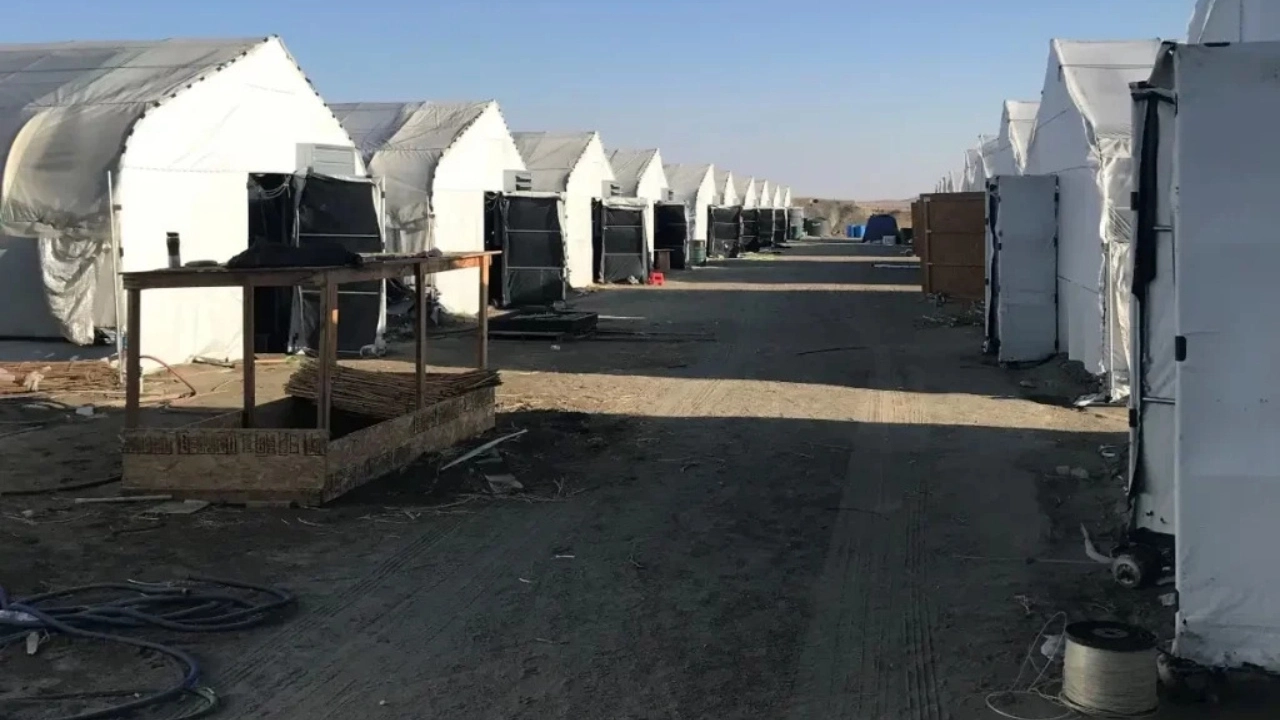California regulators are rolling out a $20 million grant program to help incentivize dozens of counties and cities to establish or expand retail cannabis programs.
The Department of Cannabis Control’s Local Jurisdiction Retail Access Grant, billed as the first of its kind in the United States, aims to provide local jurisdictions with resources to expand access to marijuana products in underserved areas while prioritizing markets that support social equity opportunities.
“Expanding access to California’s retail cannabis market is an important step towards protecting consumer safety and supporting a balanced market,” Nicole Elliott, director of the Department of Cannabis Control (DCC), said in a news release.
“The retail access grant program ultimately seeks to encourage legal retail operations in areas where existing consumers do not have convenient access to regulated cannabis.”
Lack of retail access – one of the primary reasons that yearly sales declined in 2022 for the first time since California launched adult-use retail in 2018 – have long been an industry pain point in the world’s largest marijuana market.
Cannabis deserts encompass wide swaths of California, where nearly two-thirds of cities and counties prohibit retail operations, severely stunting the market’s full potential.
Orange County is a prime example of a California locality lacking marijuana retail.
The state’s third-most-populous county – with nearly 3.2 million residents – is home to only four cities that allow marijuana sales, and two of them, Costa Mesa and Stanton, entered the market only months ago.
La Hambra has yet to open a retail outlet, leaving only Santa Ana, with several, as the county’s lone established cannabis retail market.
Local jurisdictions are eligible for grant funding if they do not have a marijuana retail program or have plans to implement one.
Grants may be used for:
- Support of equity applicants and licensees.
- Environmental reviews.
- Permitting expenses.
- Personnel costs.
The DCC will begin accepting grant applications on March 10; the application window for Phase I funding ends April 28.
The $20 million grant program will award up to $10 million by June 20.
After June 30, the remaining $10 million will be available to awardees when the DCC starts issuing licenses, a timetable that could easily extend well into 2024 and possibly longer.




